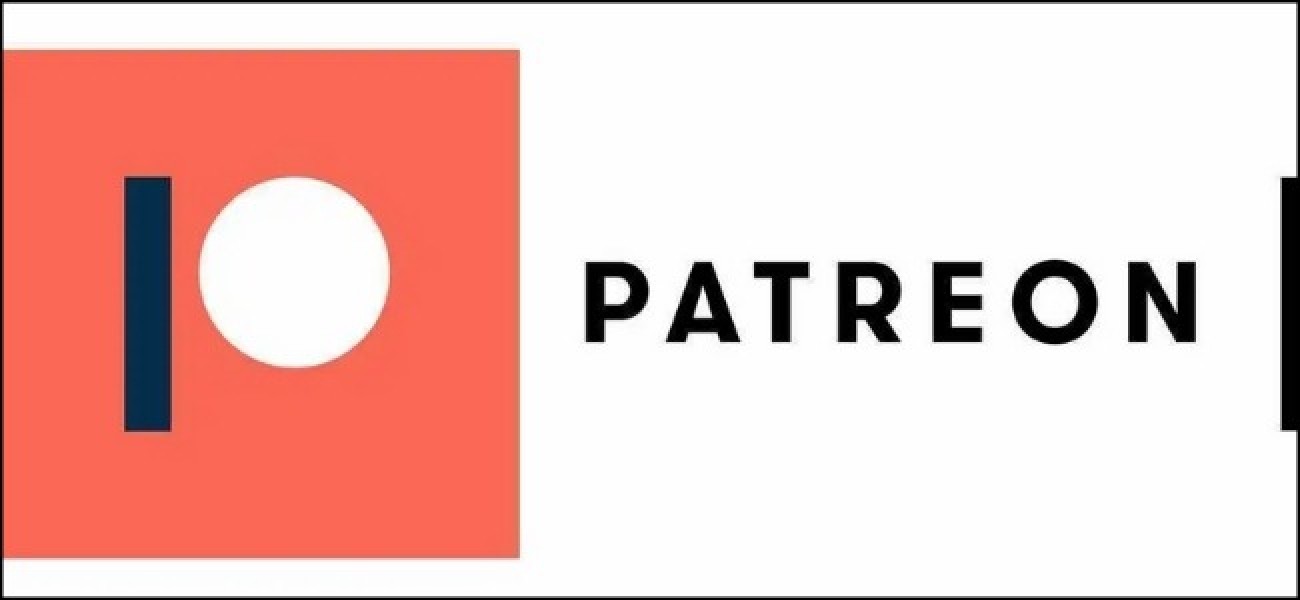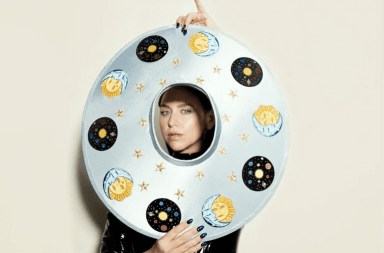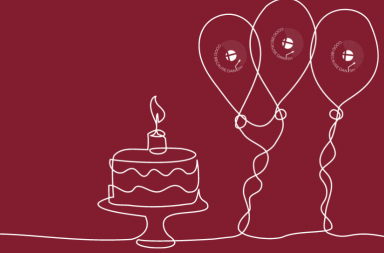
Photo by Julie Montauk
Maria Apetri has been working in the music industry for over a decade, releasing music under the moniker Fallulah. She always had strong opinions and was never afraid of speaking honestly about the mistreatment of artists in the business. At the same time, she never gave up and constantly looked for ways to improve the music industry. It was her goal to regain a space that she believed artists deserve in order to create. She did it once again a few weeks ago when she announced she won’t release her upcoming album on any streaming platform. Instead, she will be selling it to the people herself.
Much like in any business, in the music industry, it comes down to money at some point. Music is an art form, but musicians need to pay their bills at the end of the day. As streaming services don’t pay them enough (or basically nothing) for their work, it is reasonable to look for other ways to distribute music that are more beneficial for the creators. Fallulah has changed the way she operates within the music industry. It made me think about my behaviour as a music listener and gave a push for some alternations on Good because Danish.
Listening habits and how streaming services impact them
The first time I became genuinely mesmerized by an artist, was in secondary school. I got a cassette tape with an album and I was obsessively recording radio plays of all new singles, praying for the radio host not to talk over the intro. As the years went by, I went from cassette tapes to CDs. I remember hiding my favourite albums under other artists’ music at the record store, to come back and buy them when I got the money. I also remember downloading music from online torrents when I was saving up to buy the CD eventually.
It wasn’t always easy to be a music fan on a budget. Therefore, I was so happy when streaming services finally became available in my country. “Now I won’t be stealing from the artists anymore,” I remember thinking. It was such a groundbreaking thing to me, being able to listen to all the music I wanted, every artist’s discography within one click’s reach. All that glorious music was available to me legally! For a reasonable price, for a monthly fee that I could afford.
I got so used to being able to listen to a new single or an album the second it got released. No more waiting for the radio to air a song, no more saving up for weeks to get the highly-awaited new album of a favourite band. I got spoiled and stopped thinking about the artists. I started taking music for granted. There is a new single out? Of course, I should be able to listen to it right away! Sometimes it was more about hearing the first minute or so, to be able to say “yeah, I heard it”.
The realization came to me during summer, when we took some time off Good because Danish; “When was the last time I truly listened to a release?” The longer I thought about it, the more I realized, it had been months since I simply played an album to dive into the music. Without thinking about a potential review to write. Without playing a new album just to hear it already. Without any rush to go through it all.
It scared me to notice that music, especially new music, lost all its meaning to me – in so many ways. One of the major reasons why was the effect streaming services had on my listening habits: I stopped getting truly excited about music because I was having access to too much of it. I took my right to access music for granted, just because I pay a small fee every month. I don’t take enough quality time to focus on listening to music. Thankfully, there are artists like Fallulah, who remind me that even the music business has its flaws and I shouldn’t blindly follow whatever it tells me to do.
Fallulah regains her rights as an artist
Fallulah decided not to release her upcoming album on any streaming services. With that move, she regained full ownership of her music. It reminded me that at the end of the day being an artist is her job and she should get paid for it. Instead of streaming her new single “Autumn Leaves” on Spotify, Deezer or Apple Music, you can buy an audio file via iTunes or Bandcamp. How refreshing is that? You can own a piece of music again! It will be on your device, you can listen to it without an internet connection and save it in a folder of your choice. I forgot how fun it is to actually own music. Nothing on your streaming account is really yours. Downloading Fallulah’s new song made me realize that I can make more considerate choices as a listener.
Fallulah has also started a Patreon page for her followers. She shares a lot of insights into her creative process there and engages in conversations about her music. Don’t you miss having more direct access to the musicians you like? As music fans, we became numbers on graphs of social media pages or streaming charts. In theory, social media should make connecting easier, but in so many ways it puts an invisible wall between people on both sides of the music scene. Fallulah can now read comments about her single on Patreon, from people who took the time to really listen to it. People have the opportunity to share their thoughts in a longer, more insightful form than liking a post or adding it to favourites on Spotify.
I thought a lot about Fallulah and her bold move and came to the conclusion that I seriously need to question the status quo in the music industry. I understand that the world is changing and I can’t stop that. But not all changes are beneficial for artists and we often forget that they are the core of the music industry. Record labels, PR agencies, music media, concert venues – none of them would exist without musicians. We need to keep that in mind whenever we stream their music, buy tickets to the golden circle, or hear a song in a series. As artists need to have ownership of their art and be properly paid for their work, music lovers should take ownership of their behaviours and habits.
Good because Danish goes back to the roots
That being said, this year we want to go back to the roots of Good because Danish. We want to shift gears from being music consumers to becoming music enthusiasts again. It won’t make algorithms push our online presence in your feeds. But this page started almost 12 years ago from a pure passion, with one goal – to share the best Danish music with you. Somewhere along the way, it grew and became something bigger than we expected. It started being a second full-time job for a while. It taught us a lot, we gained experience that we can use in our actual jobs. But over time, it also started to feel more like work without fun. Burnout got real. We didn’t know exactly what to do next. Then, Fallulah’s decision to shift to a more organic and honest way of releasing music inspired us.
This year, Good because Danish won’t be sharing as much online. There won’t be a #newmusicfriday every Friday in our Instagram Stories. There won’t be as many posts or Spotify playlists. There will be, however, longer texts, where we focus on the music that truly touched us. We might not publish our reviews right on the day of the album release. We will give ourselves, and our Readers, more time to dive into the records.
It would be fantastic if we could have more conversations with you about the music we share. What do you think about it? Do you agree with our opinions or not? Why do YOU like this album or that EP? Let’s make Good because Danish a space for music lovers to come together!
P.S. We will share our thoughts on Fallulah’s upcoming album after its release. For now, we encourage you to purchase her new single “Autumn Leaves” and let us know what you think about it!




